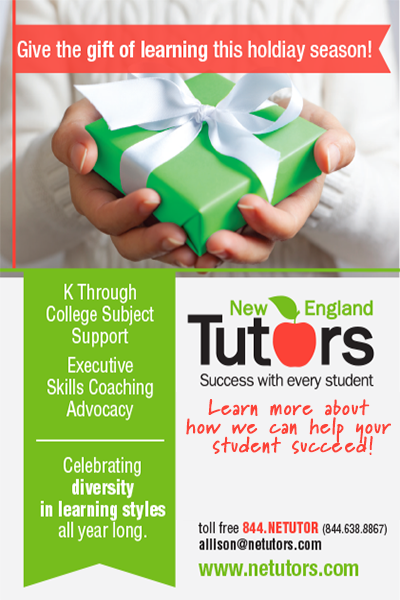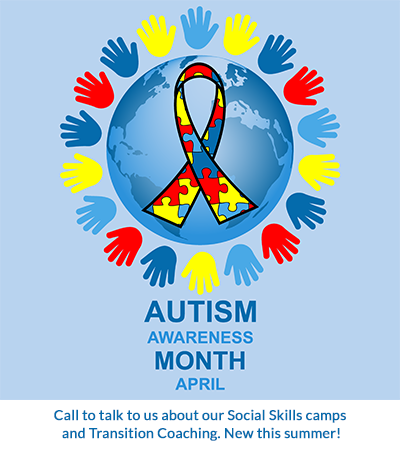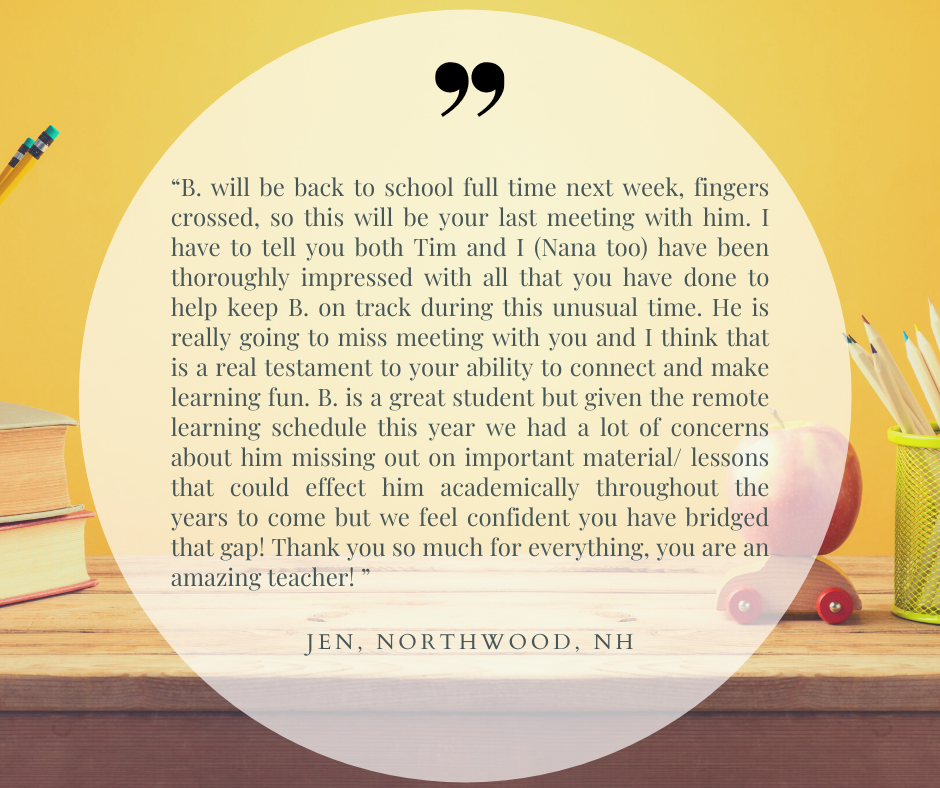Author: Jay Barber has been working as an executive skills coach and executive coach trainer for 8 years. She specializes in working with high school and college students.
What are Executive Function Skills?
Executive function refers to the set of skills we use to organize, make plans, and engage in goal-directed behavior. These skills are distinct from the knowledge required for particular tasks. For instance, an architect needs drafting and building expertise to perform their job, but they also need executive function skills such as organization to manage employees and materials, time management to arrive at the work site punctually, emotional control to stay calm under stress, and metacognition to evaluate the quality of their work accurately. If you have a school-age child struggling with academics, it can be helpful to decipher if they struggle mostly with content or with the organization and planning skills needed to engage with schoolwork. If they struggle with the former, then they might need tutoring or extra study sessions. If they struggle with the latter, you’ll need to devise strategies to help them strengthen their executive function skills.
If your child has challenges with executive function, you might hear phrases like:
- “They seem to know the material but never turn in any assignments.”
- “They do well on tests but always submit homework half-completed.”
- “Your child does not seem to understand deadlines.”
- “Your child’s backpack is very disorganized.”
- “They seem to get lost in the steps of long-term assignments.”
- “They are easily distracted by their phone or friends.”
- “They speak up in class, but not always about the topic we are discussing.”
- “I can’t follow their reasoning on essay questions.”
- “Their handwriting is disorganized and hard to decipher.”
These comments do not critique a student’s understanding of class material but rather how the student manages their work. Executive function (EF) skills are separate from a child’s intelligence, although EF skills are related to cognitive functioning, specifically the development of the prefrontal cortex and some research links intelligence to specific EF skills like metacognition.
Just as a business executive channels the talents of employees and the moving parts of a business toward specific outcomes, executive function skills enable us to direct our lives and talents toward meaningful goals. In academics, strong executive function skills help students to complete schoolwork effectively. A student might have a high understanding of math, but poor executive function could hinder their ability to organize problem-solving on the page or take legible notes. Executive function includes skills such as organization, time management, prioritization, and response inhibition, which is the ability to complete work despite distractions like friends or video games.
Why are Executive Function Skills so Important to Academic Achievement?
In an academic setting, both cognitive processing (understanding material) and executive function (ability to do the work) are crucial. However, executive function skills often play a more significant role in the achievement of academic success.
Consider two imaginary students, Jayne and Sita, who are in the same political science class. Jayne finds the subject boring and struggles with concepts like socialism, direct democracy, and constitutional monarchies. Despite this, Jayne has strong executive function skills. She takes excellent notes (organization), studies consistently each night (goal-directed persistence), and focuses on reading assignments during class instead of chatting with friends (response inhibition). By test time, Jayne has memorized the class terms (working memory) and can write coherent answers, even without a deep understanding of all the concepts.
On the other hand, Sita loves the class. She frequently discusses different government structures with her parents, showing a nuanced understanding of the material. In class, she can correct her classmates when they confuse socialism with communism, and she provides examples from various regions when discussing political structures. However, Sita struggles with executive function skills. Her notes are often illegible (low organization skills), she tends to procrastinate on reading assignments (poor time management), and she frequently checks her phone while studying (low response inhibition). On test day, although Sita knows a lot about the topic, she can’t translate her knowledge into coherent paragraphs.
In this scenario, Sita may understand the class material more deeply than Jayne, but Jayne will perform better on the test. Jayne is also more likely to turn in her homework, while Sita may not. This example highlights the challenge of parenting a student with executive function challenges. Sita is clearly engaged with academic concepts and demonstrates a genuine love for learning, yet her lack of strong executive function skills hinders her academic success.
Sita’s high level of understanding is overshadowed by her inability to stay organized, focused, and motivated for homework and test-taking. These struggles affect her long-term comprehension and cause her to miss valuable learning opportunities. This is why students with executive function deficits often face more significant challenges as they advance academically. A disorganized second grader may still absorb a lot of classroom material even if they forget to do their homework. However, a 20-year-old computer science student who neglects homework misses out on essential learning entirely.
Why Do Some Students Struggle?
Everyone has an executive skills “profile.” These are strengths that we utilize to our advantage and weaknesses that we adapt to or find resources for. For example, I’m great at planning, prioritizing what is important, and time-management. Yet I struggle to organize my physical spaces; I can never quite conceptualize what I should do with paperwork or how to keep my closet neat. For some students the “weakness” side of their profile causes major impediments to their day-to-day activities and disrupts their academic progress. Major executive function deficits are linked to neurological conditions, certain mental health diagnosis, trauma, stress, ADHD, and Autism. It’s possible that investigating the underlying reason for your child’s executive function challenges will produce useful information, or you may already know that your child has a specific diagnosis and that executive function struggles are part of that condition.
What Can Parents Do?
Understanding that executive function skills operate at the neurological level may lead parents to question whether these skills are simply “static.” Are some children inherently adept at goal-directed behaviors while others are not? While it is true that some individuals have a neurological makeup that makes developing these skills easier, it’s crucial to remember the term “skill.” Skills can be cultivated. Executive function skills, like any other skills, develop through structured support and
deliberate practice. Even if your child faces significant challenges with executive skills, potentially due to an underlying condition, there are still ways to guide them towards growth in these areas.

Here are several strategies to support a child facing executive function difficulties:
Get To Know Your Child’s Learning Profile
Gaining an understanding of your child’s strengths and struggles is crucial for supporting their executive function development. It’s natural to compare your child to others or wish their learning process were different. Having these thoughts do not make you a terrible parent. Academic success is often linked to future security and happiness, so wanting your child to succeed shows you care deeply. But it’s important to take time to really understand your own child. Avoid getting caught up in what they “should” be able to do as this can impede your understanding of both strengths and weaknesses. Take some time to document your child’s strengths and to notice their specific struggles. Every child has a unique profile, so even if your child has ADHD or another condition, don’t expect that she will just have the stereotypical strengths and struggles of that condition. Work to get a good read on your child. This work can be done with something as extensive as a professional neuropsychological evaluation or by observing your child and taking notes. Involve your child in the process when possible. Ask them about their experiences in school and what tasks they find enjoyable and easy and what tasks they find particularly difficult. You may be able to locate executive skill surveys like this one that will help you in your evaluation, but your observations of and conversations with your child will give you the most accurate information.
Work On One Skill At A Time
Once you identify where your child struggles, it can be tempting to implement a rigorous program to address everything simultaneously. This approach can lead to frustration and resentment for both you and your child. Instead, focus on one area at a time. Research specific supports and systems for that single area and patiently implement one change at a time. For instance, if your child has difficulties with getting to school on time (time management), homework completion (organization and goal-directed persistence),and paying attention in class (response inhibition), don’t attempt to tackle all these areas at once. Choose one area to start, make a plan that works for both you and your child, and stick to it until you see clear progress. For example, you might begin by developing a system that supports your child’s morning routine. Numerous online resources can help create a morning routine tailored for children struggling with executive function skills. Involve your child in developing this system to ensure it suits their needs and gains their buy-in. Once they consistently get to school on time, move on to the next area of struggle.
Work On Routines
If your child struggles in many areas, supporting their executive skill development can feel overwhelming. You might identify 10, 15, or even 20 individual skills that need improvement. For example, if your child doesn’t make it to school on time, it could be due to various reasons: not getting up with the alarm, hating to brush their teeth, refusing to pack their lunch, deliberating extensively on what to wear, or experiencing anxiety about getting on the bus. Addressing each of these skills individually may feel exhausting and slow, potentially taking weeks to establish a full morning routine. When choosing an area of skill development to work on, focus on routines rather than specific tasks or goals. If your child consistently struggles to get to school on time, collaborate to plan and practice a morning routine. If they never complete their homework, develop an afternoon routine that prioritizes homework. Creating routines can also make skill-building a team effort, with everyone in the family contributing to and participating in the routines, thereby fostering a supportive environment.
Gather Your Resources
A final bit of advice I have for supporting your child’s executive skill development is to make use of resources. You can find scores of great articles about supporting your child’s development on the internet (I’ve linked many above). If you find it challenging to build a morning routine or keep your child on task with homework, read articles by experts and adapt their ideas to work for you. Lean on your family and friends for help. Can grandpa meet your child afterschool and get him started on homework? Can Aunt Mary Facetime your child to ask them about their homework goals? Maybe Grandma can take your child shopping for a new book after they get to school on time 10 times in a row? Of course, your support network will differ from the one imagined here, but the point is that parenting a kid with executive skill challenges is labor intensive. Whenever possible, develop networks that help you give your child the needed attention without exhausting yourself.
You might also investigate professional resources when needed. A neuropsychological evaluation can provide you with valuable information about your child’s learning profile. A therapist can help your child learn to talk about their differences in positive ways and to work on self-confidence and self-advocacy. An academic or executive skills coach can work with your child one-on-one to develop skills and work toward their goals.
Take a Class…
If you would like a deep dive into more of these topics, New England Tutors is offering a 12-hour course designed for parents of children with executive function challenges. Enrollees of this course meet with an instructor one on one for six zoom sessions. The course will consist of reading, discussion, and goal setting all focused on ways parents can support their child’s executive function skill development.
Below is the course outline:
- Week 1: Defining executive function skills and their connection to academic achievement
- Week 2: Research-based interventions to develop executive function skills in students
- Week 3: Working on your child’s independence
- Week 4: Digging into your child’s unique executive function challenges
- Week 5: Investigating resources that help students and their families
- Week 6: Building an action plan to put your new skills to work
For more than 15 years, New England Tutors has been guiding students through their educational journey and helping them to get back on track. Our proven one-to-one, personal approach builds confidence and skills. This is our most valued service and a life-changing experience for our students.
If you need support for your student, New England Tutors is here to help. For more information about our 6-Week Class, Executive Skills Coaching, and Academic Tutoring, call 844-NETUTOR Ext. 700 or email allison@netutors.com.











